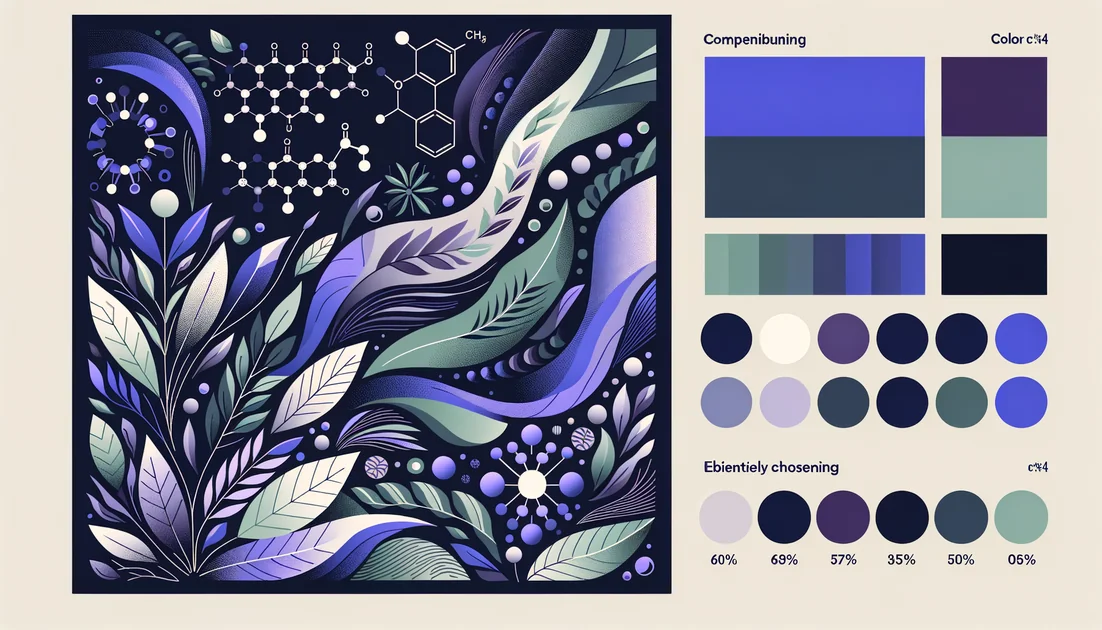
Tongkat Ali vs Fadogia agrestis
Pick Tongkat Ali if you want an option with human trials, defined dosing, and standardized extracts. Skip Fadogia agrestis for now—there are no human trials and animal toxicity signals raise caution. [1][2][3][5][12][13]
For common goals (supporting low-normal testosterone, stress resilience, libido), Tongkat Ali is the evidence-based choice: multiple RCTs and a meta-analysis show benefits with standardized 100–300 mg/day extracts and acceptable short-term safety. Fadogia agrestis lacks human data and shows organ/testicular toxicity in rats at doses analogous to many marketed servings; until well-controlled human trials establish efficacy and safety, it's not advisable. [1][2][3][4][5][6][12][13]
The Comparison
Standardization: Standardized water extracts used clinically: eurycomanone ~0.8–1.5% and glycosaponins ~40–65% (e.g., Physta/LJ100). [^6][^10]
Dosage: 100–300 mg/day in RCTs; EFSA evaluated up to 200 mg/day as a novel food. [^3][^4][^5][^6]
Benefits
Drawbacks
Safety:Avoid in pregnancy/lactation and hormone-sensitive cancers; caution with liver disease; choose standardized, third-party-tested products. [6][7][8]
Standardization: No clinically established standardization; products typically list raw powder or unspecified extracts.
Dosage: No evidence-based human dosing; animal studies used ~18–100 mg/kg for 1–28 days (not translatable). [^11][^12][^13]
Benefits
- •Aphrodisiac effects and higher serum testosterone seen only in male rats. [11]
Drawbacks
Safety:Given absent human data and animal toxicity signals, many experts advise against routine use. [12][13][14]
Head-to-Head Analysis
Efficacy for primary outcomes (T, libido, vitality) Critical
Winner:Tongkat Ali (Eurycoma longifolia)• Importance: high
Onset and time-to-effect
Winner:Tongkat Ali (Eurycoma longifolia)• Importance: medium
Side effects/tolerability Critical
Winner:Tongkat Ali (Eurycoma longifolia)• Importance: high
Standardization/consistency Critical
Winner:Tongkat Ali (Eurycoma longifolia)• Importance: high
Bioavailability/formulation
Winner:Tongkat Ali (Eurycoma longifolia)• Importance: medium
Cost/value per effective dose
Winner:Tongkat Ali (Eurycoma longifolia)• Importance: medium
Real-world adoption and availability
Winner:Tongkat Ali (Eurycoma longifolia)• Importance: low
Common Questions
What dose of Tongkat Ali is actually studied?
Most RCTs used 100–300 mg/day of standardized water extract for 8–12 weeks; EFSA assessed up to 200 mg/day as a novel food. [3][5][6]
Does Fadogia agrestis raise testosterone in humans?
There are no human trials; increases are limited to rat studies, alongside testicular and organ toxicity signals at higher doses. [11][12][13]
Which Should You Choose?
Low-normal testosterone or ADAM-like symptoms (fatigue, libido)
Stress resilience and mood under training/diet/sleep stress
Choose:Tongkat Ali (Eurycoma longifolia)
Standardized Tongkat Ali lowered cortisol and improved mood states in moderately stressed subjects. [2]
Athletic training support (strength) in middle-aged adults
Experimental libido/testosterone booster despite limited data
Choose:Fadogia agrestis
You might also like
Explore more of our evidence-led investigations, comparisons, and guides across every article style.
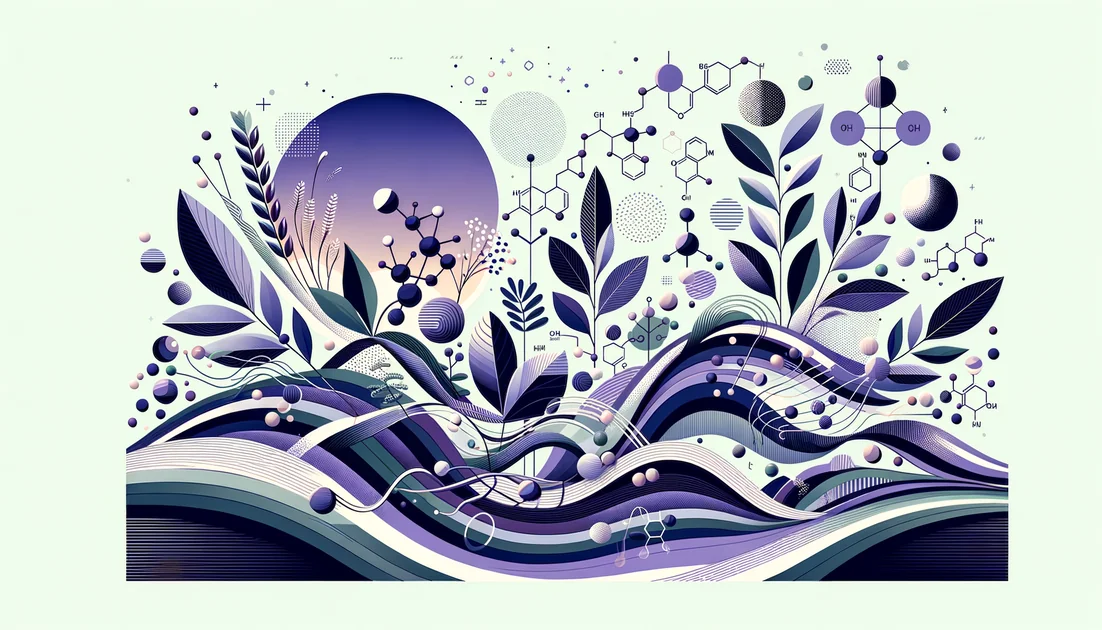
21st Century HealthCare ("21st Century")
The Value Workhorse: solid in-house GMPs, sparse public testing

Alpha-GPC (choline alphoscerate) vs CDP-Choline (Citicoline)
For daily focus and memory, pick Citicoline (250–500 mg/day). For a one-off workout power boost, Alpha-GPC (≈600 mg pre-session) has limited acute data—but weigh a cohort signal of higher long-term stroke risk if used chronically, especially in older adults.
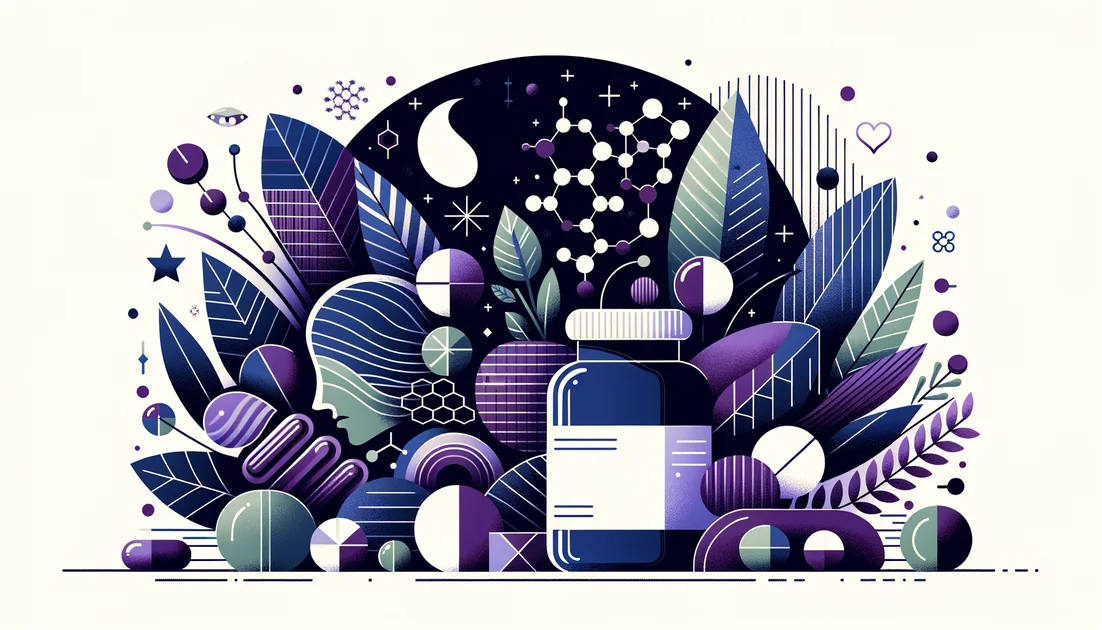
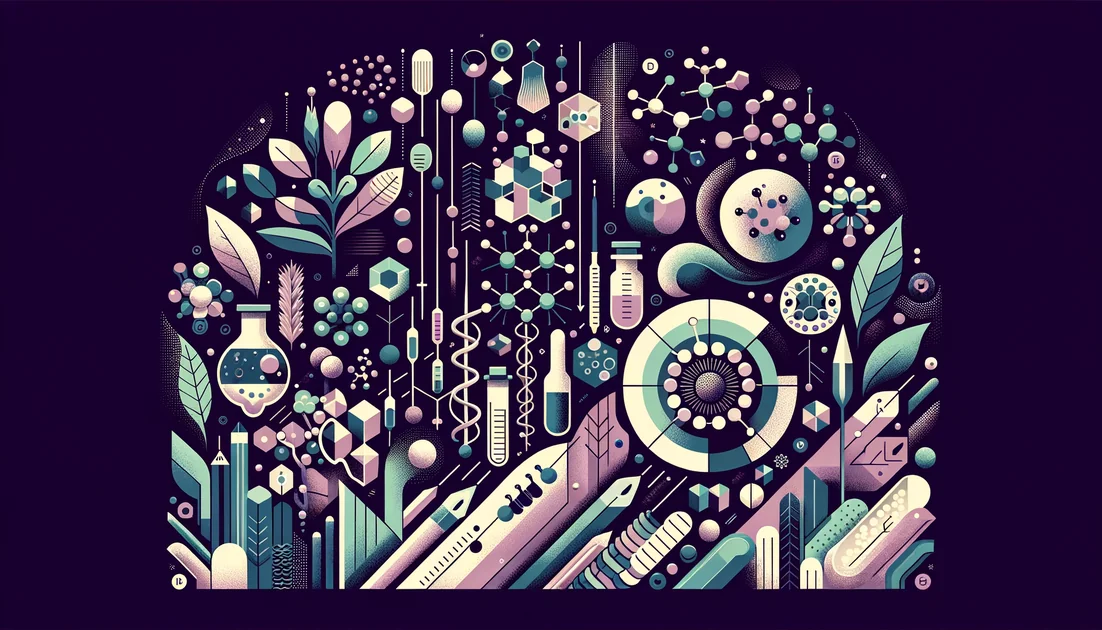
Spermidine
An anti-aging story that starts under a microscope in 1678 and ends in your kitchen feels improbable. Yet the same molecule first noted in semen now turns up in wheat germ, natto, mushrooms, and aged cheese—and in studies that connect everyday meals to the way your cells take out the trash.
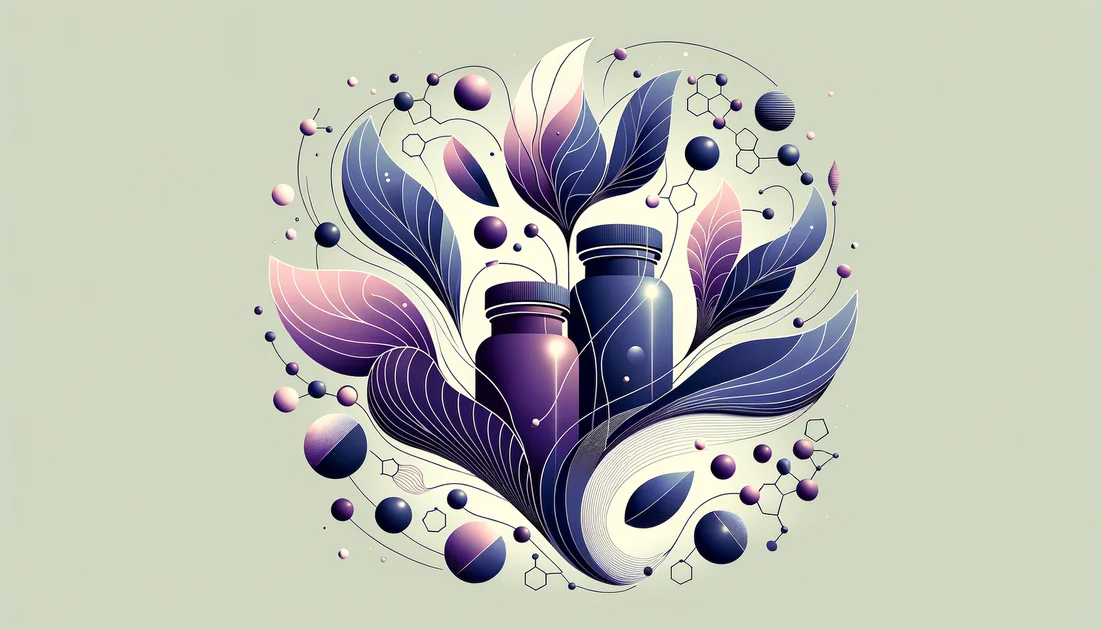

Tocotrienols
The stealthier cousins of vitamin E—built with springy tails that move differently in cell membranes and behave differently in your body.



